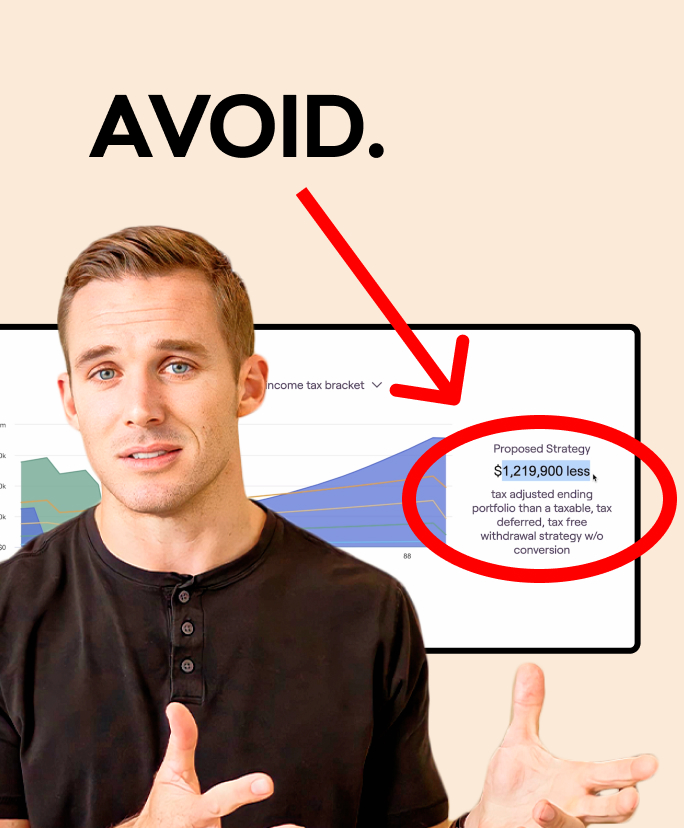For most Americans, Social Security forms the backbone of retirement income. Even if you’ve built a strong investment portfolio, deciding when to claim Social Security is one of the most important retirement choices you’ll make. That decision affects your income for the rest of your life — and often your spouse’s financial security as well.
If you plan to leave work before your mid-60s, you might wonder: Do you need to work until 62, 67, or even 70 to get the most from Social Security? Will retiring early reduce your monthly check? And if you stop working before claiming, will your benefit shrink dramatically?
The truth is more nuanced. To answer these questions, you need to know how Social Security calculates benefits, how your work history shapes your payment, and the trade-offs of claiming at different ages.
When You Can Claim Social Security
Most people can start claiming Social Security at age 62. Disability and survivor benefits have exceptions, but for retirement benefits, 62 is the earliest you can collect.
Claiming at 62 locks in a permanent reduction compared to your “Full Retirement Age” (FRA). FRA depends on your birth year and currently ranges between 66 and 67. If your FRA is 67 and your full benefit is $2,000 a month, claiming at 62 reduces it to about $1,400 a month.
You can also delay claiming until age 70. Each year you wait past FRA increases your benefit by about 8%. In this example, waiting until 70 raises your monthly benefit to about $2,480 — over $1,000 more than claiming at 62.
How Social Security Calculates Your Benefit
Many people believe their benefit depends on their income in the years before retirement. In reality, the Social Security Administration calculates it using your highest 35 years of earnings.
These years don’t have to be consecutive. They can come from any point in your career — your 20s, 40s, or 60s. Social Security indexes your earnings for inflation up to age 60. After 60, the system uses your actual dollar amounts without adjustments.
If you have at least 35 years of strong earnings, your benefit might already be near the maximum. Stopping work before you claim may not change it much. If you have fewer than 35 years, Social Security fills the missing years with zeros, which lowers your average.
Why “The Last Years Matter Most” Is a Myth
Many people assume their final years of work have the greatest impact on benefits. That’s a myth. Social Security simply averages your top 35 years of earnings, no matter when they occurred.
If you start working at 20 and earn well for 35 years, you’ll max out your benefit by 55. Stopping work after that won’t reduce it unless lower-earning years replace higher ones.
If you have fewer than 35 years, each new year you work — even part-time — can replace a zero and raise your benefit.
How Inflation Adjustments Work
Social Security adjusts earlier earnings for inflation so that older wages match today’s purchasing power. The agency stops making this adjustment at age 60.
For example, if you earned $100,000 at age 59, Social Security increases that figure to reflect inflation. If you earned $100,000 at age 61, it counts that amount at face value. Replacing low-earning early years with higher ones can often improve your benefit more than adding high-earning years later in your career, especially after age 60.
What “Bend Points” Mean for You
Social Security uses a progressive formula to determine your benefit. The first portion of your average monthly earnings receives a 90% replacement rate. The next portion receives 32%, and the highest portion gets 15%.
Because of this formula, modest earnings — especially when they replace zero years — can raise your benefit more than you might expect. Very high earnings above the taxable maximum ($176,100 in 2025) have little impact once you’ve reached that ceiling.
How Part-Time Work Can Help
If you want to leave a high-stress job but still work, part-time income can improve your Social Security outlook.
Earning $20,000 to $30,000 a year can replace zero years in your record, boost your benefit, and increase spousal or survivor payments.
This strategy works especially well if your spouse has a lower benefit and may rely on spousal benefits. Raising your benefit can raise theirs and create a higher survivor benefit if you pass away first.
Social Security Decisions Are Household Decisions
Social Security decisions don’t just affect you — they affect your household. If one spouse earns more, that higher benefit becomes the base for spousal and survivor benefits.
Even small increases in the higher earner’s benefit can create more stability for the surviving spouse.
Claiming Age vs. Work Years
Two independent factors determine your Social Security benefit:
- How many years you work and how much you earn during those years
- The age at which you claim benefits
These choices don’t have to happen together. You can stop working years before you start receiving Social Security, or you can work after you’ve claimed benefits. Your work history shapes the base benefit you qualify for, while your claiming age determines the percentage of that base you’ll receive each month.
For example, someone with 35 high-earning years could retire at 58 and wait to claim until 70, maximizing their monthly benefit through delayed retirement credits. On the other hand, you could work past your FRA but choose to claim early at 62 — although before FRA, earning above the annual limit may temporarily reduce your monthly checks.
Understanding how these two levers work gives you more flexibility to design a retirement plan that matches your income needs, lifestyle goals, and long-term security.
Why You Should Check Your Statement
Review your Social Security statement at ssa.gov. It shows your earnings history, your estimated benefits at different claiming ages, and whether you have fewer than 35 years of earnings.
The estimates assume you’ll keep earning at your current level until retirement. If you plan to stop working earlier, expect your benefit to come in slightly lower than the estimate.
Claiming Early vs. Waiting: The Trade-Offs
When you claim benefits, you choose between starting sooner with a smaller amount or waiting for a larger monthly check.
For someone with a $2,000 monthly benefit at FRA:
- Claiming at 62: about $1,400/month
- Claiming at FRA (67): $2,000/month
- Claiming at 70: about $2,480/month
The best option depends on your health, life expectancy, financial resources, and retirement goals.
The Bottom Line on Retiring Early and Social Security
Social Security decisions affect nearly every part of your retirement plan — your investment strategy, tax planning, and family’s long-term stability. No single option works for everyone. Your best choice depends on your work history, health outlook, and overall plan.
Review your earnings record, run claiming scenarios, and consider talking to a fiduciary financial advisor who can integrate Social Security into a comprehensive retirement strategy.
If you want to see how retiring early might affect your benefits — and whether your plan is on track — start a conversation with us at rootfinancial.com/start-here.
The information presented is for educational and informational purposes only and should not be construed as personalized investment or financial advice. The content discusses general retirement planning strategies and is not intended to recommend any specific course of action for any individual.
Social Security claiming strategies involve a number of variables, including life expectancy, portfolio returns, tax considerations, and personal circumstances. Decisions regarding Social Security benefits should be made in consultation with your financial advisor, taking into account your full financial picture.
Examples provided are hypothetical and for illustrative purposes only. They do not reflect any specific client situation and should not be relied upon for investment decision-making. Past performance of investments is not indicative of future results. All investing involves risk, including the potential loss of principal.
Root Financial Partners, LLC provides tax planning as part of its financial planning services. However, we do not provide tax preparation services, represent clients before the IRS, or offer legal advice.
Clients should consult their CPA or attorney before implementing any tax or legal strategies discussed. Nothing in this content should be interpreted as a recommendation to take a specific tax position or legal action.
This content may include discussions around advanced financial planning strategies such as Roth conversions, backdoor Roth IRAs, tax loss harvesting, charitable giving, estate planning tactics, or Social Security claiming strategies. These concepts are general in nature and are not personalized advice. Actions related to these strategies may trigger tax consequences or legal implications. Always consult with your CPA or attorney to assess suitability based on your personal financial circumstances.
Suitability for these strategies depends on your individual tax situation, income, age, investment profile, estate plan, and other factors. Actions related to these strategies may trigger tax consequences or legal implications. Always consult with your CPA or attorney to assess suitability based on your personal financial circumstances.


